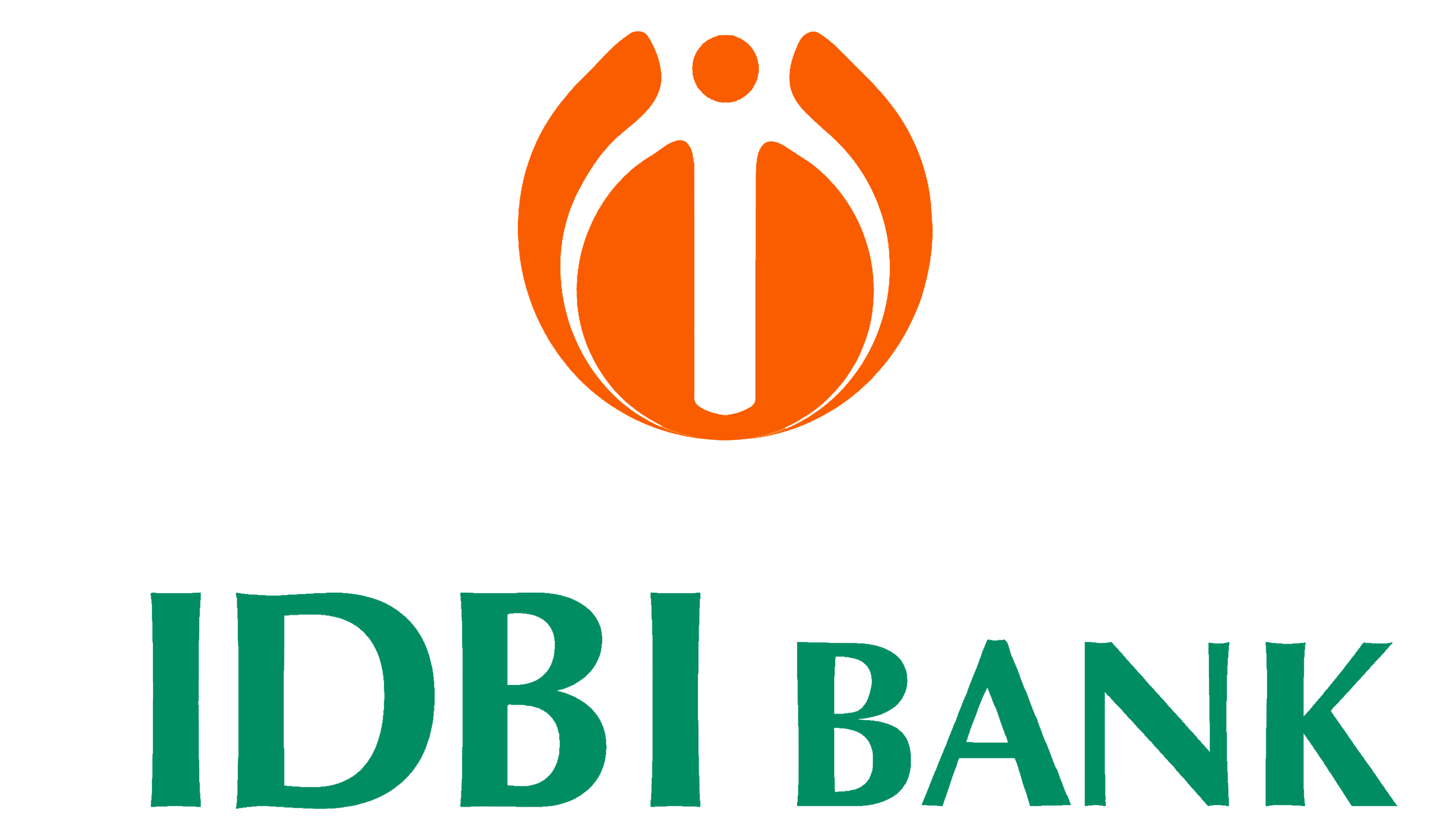1. Distinct Legal Identity with Limited Liability: Incorporation under the Registrar of Companies (ROC) provides a Farmer Producer Company (FPC) with its own legal identity. This corporate status protects members from personal liability, limiting financial obligations to the value of their shares.
2. Improved Access to Institutional Finance: Official registration boosts credibility, making it easier for FPCs to secure loans, grants, and subsidies from banks, NABARD, and other financial bodies—enabling long-term growth and rural economic development.
3. Enhanced Pricing Power through Collective Strength: By pooling their produce and resources, FPCs can negotiate favorable rates for inputs and achieve better prices for outputs—minimizing dependency on intermediaries and maximizing income for member farmers.
4. Wider Market Penetration: Registered FPCs are better positioned to access premium domestic and global markets, expanding their reach and attracting higher-paying buyers—ultimately improving sales volumes and profitability.
5. Efficient Agri-Supply Chain Integration: Legal incorporation allows FPCs to establish structured systems for logistics, storage, processing, and delivery. This reduces post-harvest losses, accelerates turnaround times, and enhances overall productivity.
6. Transparent Governance & Regulatory Compliance: Being structured under the Companies Act ensures a clear hierarchy and accountability. Well-defined governance practices foster trust among stakeholders and encourage ethical, compliant operations.
7. Knowledge Empowerment & Skill Development: FPCs often organize training workshops, awareness drives, and capacity-building programs—equipping members with advanced farming techniques, sustainable practices, and market insights.
8. Operational Efficiency through Scale: By consolidating input procurement and output distribution, FPCs reduce operational expenses and achieve better margins—passing on the economic benefits to all members.
9. Tax Relief & Fiscal Incentives: Eligible FPCs may enjoy exemptions or rebates under the Income Tax Act for agricultural activities, helping lower the tax burden and promote reinvestment in farming operations.
10. Built-in Risk Management & Stability: FPCs help distribute agricultural and financial risks among members, making the enterprise more resilient to market fluctuations, climate challenges, and other uncertainties.














